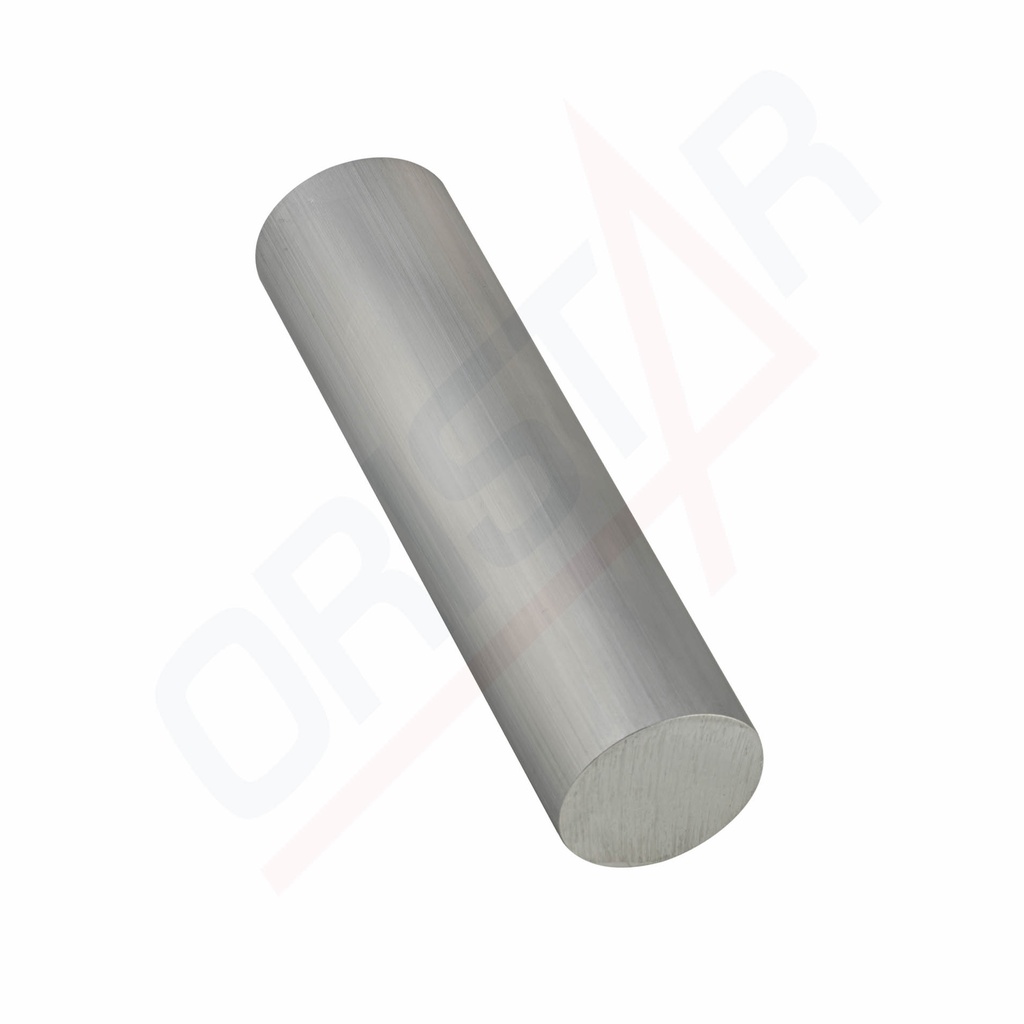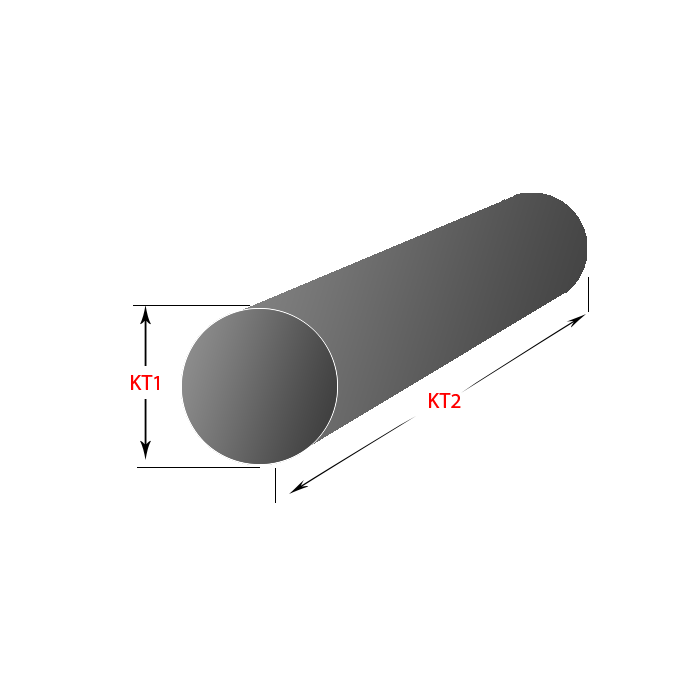THÔNG TIN CƠ BẢN
SUS 304 Stainless Steel is the most widely used austenitic stainless steel, known for its excellent corrosion resistance, high ductility, and good heat resistance. It typically contains about 18% Chromium and 8% Nickel, which enhances its oxidation and corrosion resistance.
Key Characteristics of SUS 304 Stainless Steel:
- Chemical Composition:
- Carbon (C): Maximum 0.08%, helps reduce the susceptibility of the steel to intergranular corrosion.
- Chromium (Cr): 18.0-20.0%, provides corrosion and oxidation resistance.
- Nickel (Ni): 8.0-10.5%, enhances corrosion resistance and ductility.
- Manganese (Mn): Maximum 2.0%, improves machinability.
- Silicon (Si): Maximum 1.0%, contributes to strength and corrosion resistance.
- Phosphorus (P) and Sulfur (S): Both are present in maximum amounts of 0.045% and 0.030% respectively, maintaining the steel's high purity.
- Physical Properties:
- Corrosion Resistance: SUS 304 offers good corrosion resistance in various environments, including humid and mildly corrosive chemical settings.
- Strength and Ductility: Combines high tensile strength with ductility, making it easy to machine and form.
- Heat Resistance: This stainless steel has good heat resistance, suitable for applications requiring high-temperature tolerance.
- Non-Magnetic Properties: SUS 304 is non-magnetic in the annealed condition but may become slightly magnetic when cold worked.
- Applications:
- Food and Medical Industry: Used in manufacturing food processing equipment, medical instruments, and surfaces requiring high hygiene standards.
- Household Appliances: Used in making kitchen equipment, refrigerators, and washing machines.
- Decorative and Construction: Applied in architectural projects, facades, and interior details due to its smooth, easy-to-maintain surface.
- Chemical Industry: Used in tanks, pipes, and chemical processing equipment due to its corrosion resistance.
Manufacturing and Processing:
- Production Process: SUS 304 stainless steel is produced through modern metallurgical processes, including cold rolling and heat treatment, to achieve the desired strength and surface characteristics.
- Fabrication: SUS 304 is easily weldable, cuttable, bendable, and polishable, making it suitable for a wide range of manufacturing processes.
(Source: Internet)
Key Characteristics of SUS 304 Stainless Steel:
- Chemical Composition:
- Carbon (C): Maximum 0.08%, helps reduce the susceptibility of the steel to intergranular corrosion.
- Chromium (Cr): 18.0-20.0%, provides corrosion and oxidation resistance.
- Nickel (Ni): 8.0-10.5%, enhances corrosion resistance and ductility.
- Manganese (Mn): Maximum 2.0%, improves machinability.
- Silicon (Si): Maximum 1.0%, contributes to strength and corrosion resistance.
- Phosphorus (P) and Sulfur (S): Both are present in maximum amounts of 0.045% and 0.030% respectively, maintaining the steel's high purity.
- Physical Properties:
- Corrosion Resistance: SUS 304 offers good corrosion resistance in various environments, including humid and mildly corrosive chemical settings.
- Strength and Ductility: Combines high tensile strength with ductility, making it easy to machine and form.
- Heat Resistance: This stainless steel has good heat resistance, suitable for applications requiring high-temperature tolerance.
- Non-Magnetic Properties: SUS 304 is non-magnetic in the annealed condition but may become slightly magnetic when cold worked.
- Applications:
- Food and Medical Industry: Used in manufacturing food processing equipment, medical instruments, and surfaces requiring high hygiene standards.
- Household Appliances: Used in making kitchen equipment, refrigerators, and washing machines.
- Decorative and Construction: Applied in architectural projects, facades, and interior details due to its smooth, easy-to-maintain surface.
- Chemical Industry: Used in tanks, pipes, and chemical processing equipment due to its corrosion resistance.
Manufacturing and Processing:
- Production Process: SUS 304 stainless steel is produced through modern metallurgical processes, including cold rolling and heat treatment, to achieve the desired strength and surface characteristics.
- Fabrication: SUS 304 is easily weldable, cuttable, bendable, and polishable, making it suitable for a wide range of manufacturing processes.
(Source: Internet)



